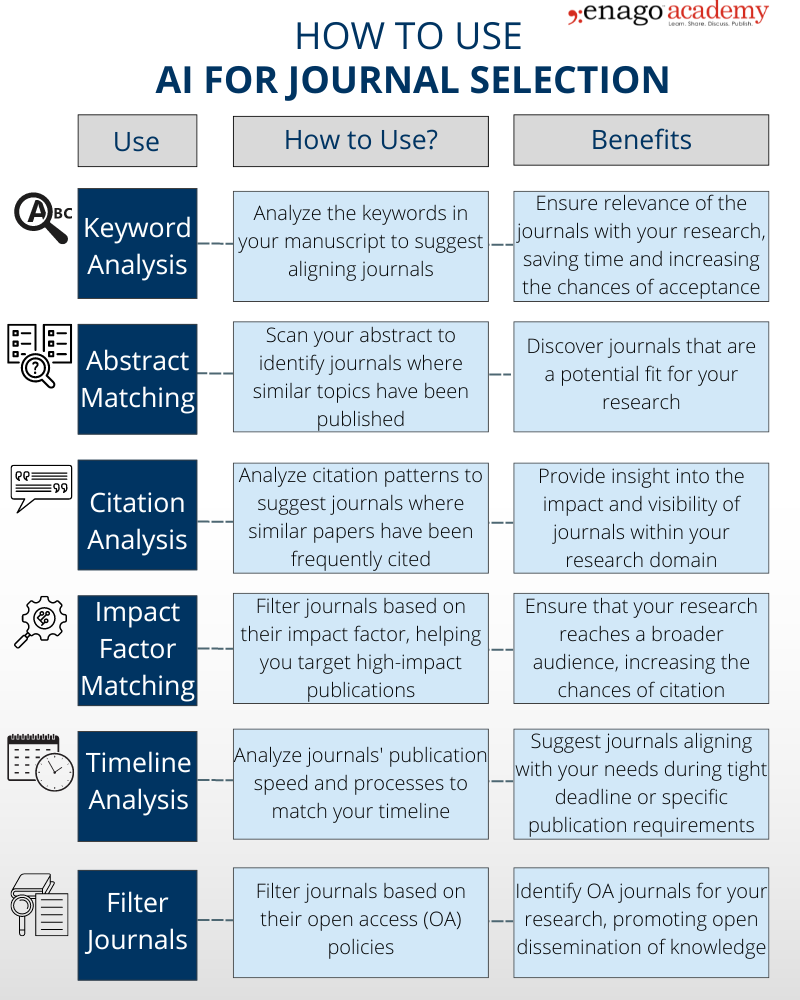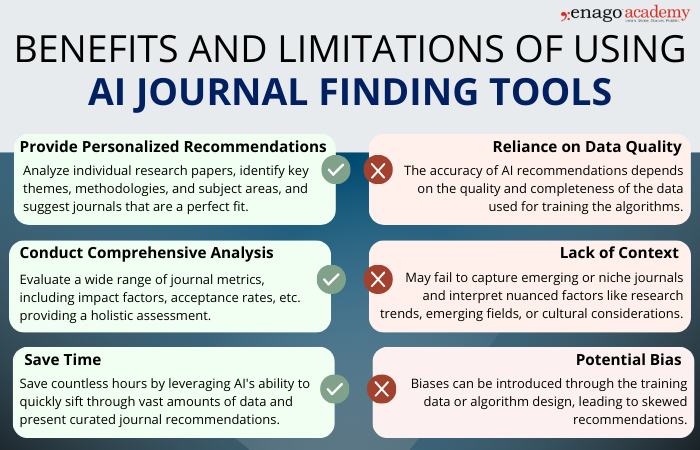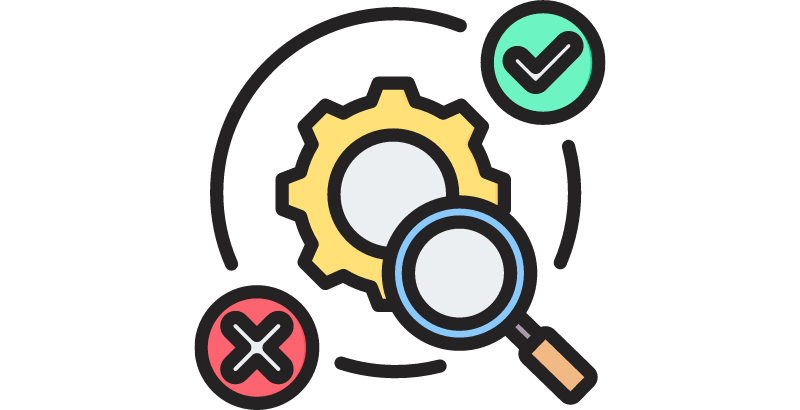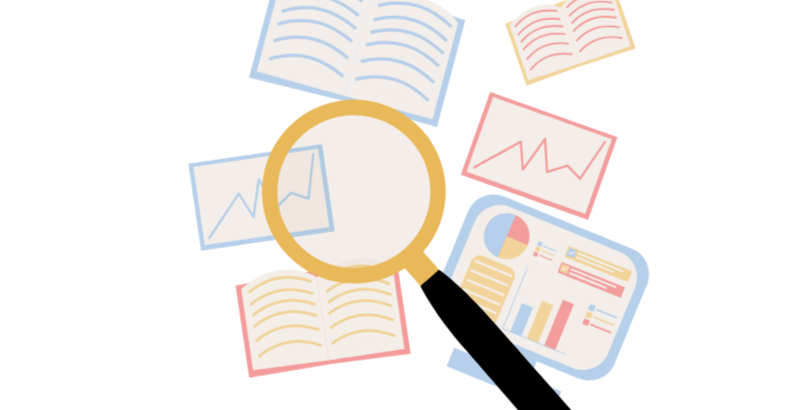Using AI for Journal Selection — A smart way of academic publishing

Strategic journal selection has a pivotal role in maximizing the impact of one’s scholarly work. Choosing the right journal can influence the visibility of a research paper. However, with plenty of journals to sift through, this can be a daunting task.
AI-powered journal recommendation tools can be an effective aid in this process, simplifying the process smartly and efficiently.
Importance of Strategic Journal Selection
Selecting the right journal is a strategic move that can ‘make-or-break’ the visibility of your research. Proper selection of journals can ensure the communication of your research findings to the right audience. This fosters intellectual discourse, collaboration, and potential breakthroughs. Furthermore, publishing in high-impact, reputable journals makes your manuscript more likely to be cited and recognized within the field.
However, manually combing through hundreds of journals, each with its specific scope, requirements, and impact factor can be tedious. Here are some challenges faced by researchers in finding journals manually.
Sign Up for More InsightsUsing AI to Find the Right Journal
AI-powered journal finding tools can analyze your manuscript content, such as title, abstract, and keywords, and match them with relevant journals based on subject areas, publication histories, and editorial policies. The advanced algorithms and machine learning techniques in these tools analyze vast amounts of data like journal metrics, editorial policies, publication histories, and subject areas. By processing this information, AI-based tools can provide researchers with tailored recommendations that align with their research. This streamlined approach not only saves time but also ensures that researchers are presented with the most relevant and impactful journal options. Here’s how you can use AI to find the right journal:
 Based on the title and abstract, AI-powered tool like Enago Open Access Journal Finder can generate a list of open access journals that are suitable matches for your manuscript. Additionally, filters for impact factor, publication speed, and open access options further simplifies the whole process. While AI can provide valuable insights, it’s important to gain inputs from your peers, mentors, and others familiar with your field. Combine AI recommendations with human expertise to make the most informed decision.
Based on the title and abstract, AI-powered tool like Enago Open Access Journal Finder can generate a list of open access journals that are suitable matches for your manuscript. Additionally, filters for impact factor, publication speed, and open access options further simplifies the whole process. While AI can provide valuable insights, it’s important to gain inputs from your peers, mentors, and others familiar with your field. Combine AI recommendations with human expertise to make the most informed decision.
The use of AI in journal selection has its own advantages and challenges. Here is an overview of their benefits and limitations:

Although AI-powered journal selection helps simplify the journal finding process, it is essential to understand the irreplaceable nature of human intuition and understanding. Thus, under appropriate supervision, the limitations posed by these tools can be countered.
Role of Human Judgment in Using AI for Journal Selection
While AI can be a powerful tool for journal selection, it should not be viewed as a complete replacement for human expertise. Human judgement brings a nuanced understanding that AI algorithms lack. A hybrid approach that combines AI recommendations with researcher expertise, offers the best of both worlds. Researchers can use AI to narrow down options and then apply their judgment to make the final choice.
AI undisputedly holds promise for improving efficiency and reducing workload in academic publishing. Let us not hesitate, but rather seize the opportunity to become the “Smart-researchers” of this digital era, powered by these dynamic tools that unlock the vast potential of data at our fingertips. So next time you’re faced with the daunting task of journal selection, let AI guide you in selecting ‘”the one” from the myriad of options.













